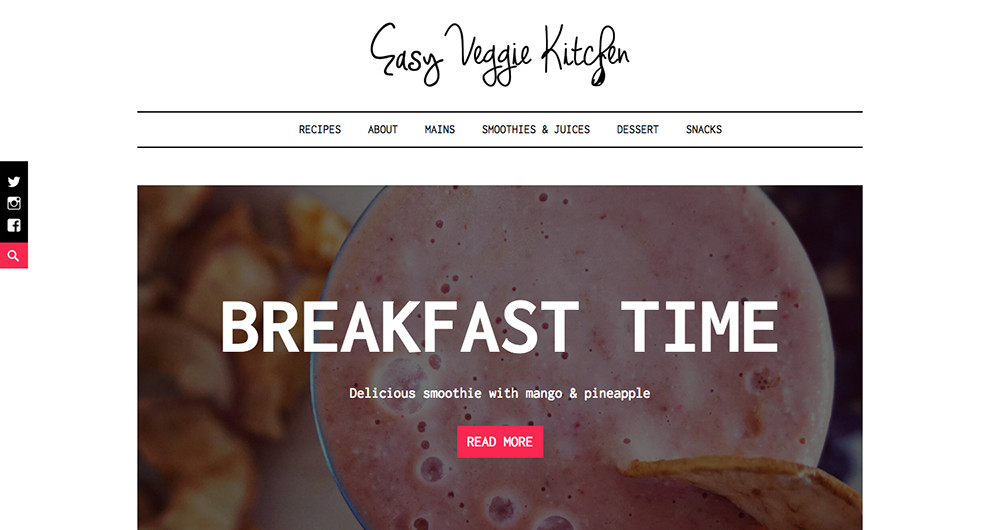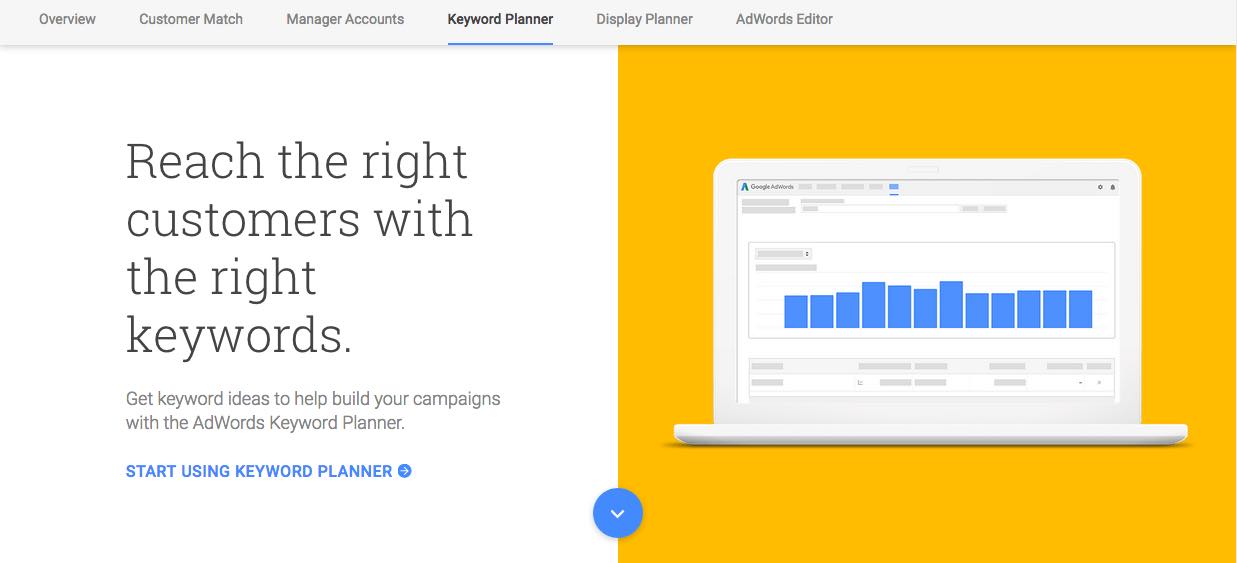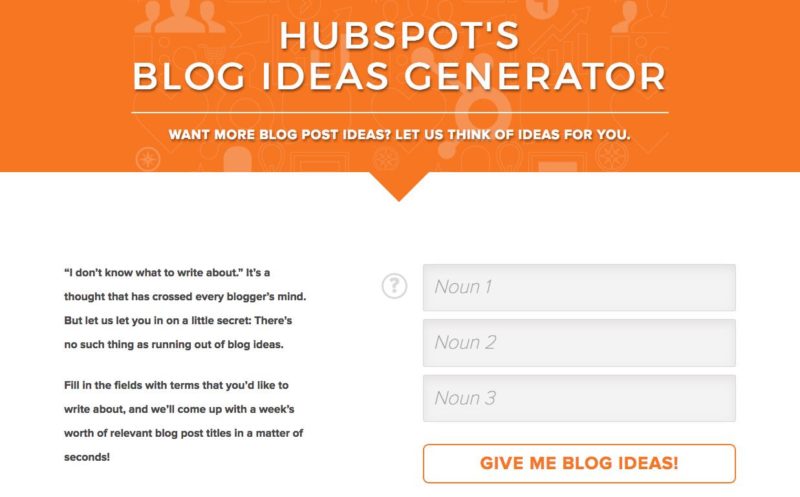How to Find Your Blogging Niche with WordPress

As a new blogger, you may be a little uncertain about how to get started. Especially if you want to gain a large audience or earn income from your blog, you can easily get overwhelmed by the number of decisions you have to make, such as what to write about.
Before creating their first piece of content, or choosing the perfect WordPress theme, every successful blogger starts by deciding on their blog’s purpose and niche. Having a defined topic gives your content a clear focus, and helps you target the correct audience.
In this post, we will discuss the importance of having a niche, and outline a few ways to find your blog’s focus. Finally, we’ll also introduce some tools that can help you create awesome content for your blog’s niche. Let’s jump in!
What Is Your Blog’s Niche (And Why Does It Matter)?
When it comes to blogging, your niche is the focus or primary topic of your blog. It describes what your content is about, and can be as broad or specific as you’d like. For example, Delish is a blog that covers general recipes, culinary reviews and news, entertaining tips, and more:

Easy Veggie Kitchen , on the other hand, is a blog specifically focused on cooking and eating a (primarily) plant based diet:

Both websites fit firmly into the food niche. However, one is very broad (running the gamut from recipes to celebrity food choices) and the other focuses on a smaller aspect of the overall topic.
It’s possible to create a multi-niche blog, but this kind of site is difficult to run, and we recommend against it unless you have plenty of blogging experience. For most people, sticking to a single niche per blog is a much smarter strategy, since it will help you attract a consistent audience who cares about your topic. With that in mind, let’s talk about how to decide on your focus!
You may be wondering how to choose the right niche for your blog. Fortunately, there are a few simple steps you can take to get the ball rolling.
Step 1: Ask Yourself What You Are You Passionate About
Before you break into a blogging niche, consider what you’re passionate about. Since you will be responsible for creating consistent content about that topic, it should be something you’re interested in and have a lot to say about. What’s more, your blog posts will sound more authentic and less like a sales pitch when you are passionate about your topic.
Therefore, you can start by making a list of your passions, interests, and hobbies. Then focus on the ones you have something unique to say about, and that you think you can write about for years to come. You may also want to consider your goals at this point. If you plan to monetize your blog, for example, you need to be sure your niche is profitable (more about this in a moment). Alternately, you might be looking to increase awareness about an issue, or share educational information. Whatever you want from blogging, your niche should be able to provide it.
Step 2: Start Generating Content Ideas for Your Niche
Once you have a potential niche in mind, it’s time to find out if you can come up with quality content for it. This step will also help you start narrowing down your focus, especially if you’re looking at a complex topic. Use your own existing knowledge and online resources to generate some potential content ideas. Here are a few tips:
- Read other blogs and sites about your potential topic. Seeing how others approach your passion can inspire you, and you may identify new approaches that existing bloggers haven’t considered.
- Do keyword research to see what people are looking for in search engines. If people aren’t searching for information on your niche, it will be hard to attract an audience. Not sure where to start? Use this guide on how to think of great blog ideas to nail down great ideas using comments, social media, keywords, brainstorming and more.
- Find a small niche within a larger field or subject. The food blog examples above demonstrate how a broad topic like food can lend itself to a smaller niche. If the topic you’re interested in seems too large, try and find a smaller subject to focus on.
Once you’re confident that you have a large base of content ideas to draw from, it’s time to determine how profitable your niche will be.
Step 3: Determine Your Niche’s Earning Potential
As we mentioned earlier, if you plan on monetizing your blog you’ll need to be sure upfront that your niche has earning potential. There are a number of ways to find this out. We recommend that you follow these step-by-step instructions to analyze each niche you’re considering:
- Use Google’s Keyword Planner to discover volume & trends for your keywords. After searching a batch of keywords use the “Get Search Volume” option to view stats including average monthly search. Similarly you can use Google Trends as well to see if your keywords are currently popular.
- Find out how popular your topic is, by looking for active blogs and sites. Think of the blogs you’ve consistently visit to read up on your favorite topics. Are they still up and running? Some blogs even publish monthly or quarterly statements so you can actually see if they’re turning a profit.
- Peruse forums and message boards related to your passion. Reddit is an especially great forum as they have boards for pretty much every topic imaginable. But if you’re passionate about something you probably already visit relevant forums (for example, many WordPress users regularly visit StackExchange and the Envato forum).
- Check social media hashtags and fan pages related to your topic. See if people are interested and actively talking about your niche and/or keywords.
- Most importantly – is there affiliate potential? One of the quickest ways to monetize your blog is by adding affiliate links to recommended products or services mentioned in your posts. Signup for programs like ShareASale,CJ Affiliate and even Amazon to find hundreds of product and service offerings related to your niche (just be sure to follow all of the FTC guidelines when using affiliate links).
The more of these avenues that turn up positive results, the more likely you are to earn money from creating a blog in that niche.
Combining this step with the previous two, you should be able to settle on a niche that you’re passionate about, offers plenty of room for unique content, and has some earning potential. Of course, this is only the beginning. Now that you have a niche in mind, let’s talk about how to create awesome content for it.
Key Tools for Optimizing Your Blog’s Niche Content
If you want to succeed in your chosen niche, your content must be both valuable to readers and optimized for search engines. The best way to optimize your content is to make sure it’s high-quality, and to use effective keywords. Luckily, there are a few tools that can help you with this.

Google Keyword Planner, for example, is a free tool that enables you to search for related keywords based on your niche’s topic. It also displays search volume, to help you determine what topics are popular. All you have to do is enter in your niche topic, and generate a list of keywords.
Using these keywords, you can then start coming up with post ideas using Hubspot’s Blog Ideas Generator:

This is another free tool that, when combined with your keywords, can help you create optimized post titles. Just enter your keywords, then click Give Me Blog Ideas! to generate potential headings.
Of course, there are also plenty of WordPress plugins that are designed to help you create awesome content. Tools like these can ensure that your niche content is relevant, useful, and optimized for search engines. Here are a few guides to help.
- Build an Editorial Calendar in WordPress (and actually use it). An editorial calendar is a great way to stay on top of your topics and organize various authors. Luckily WordPress makes creating and scheduling posts easy with the help of these awesome edicortial calendar plugins.
- Learn how to organize content on your WordPress site. Writing great content is only part of what makes a blog popular. Increase readership and engagement with these tips and tool for organizing your blog content.
- Source and share relevant content on your WordPress site with helpful tools. Wring content from scratch is just one way to add valuable information to your website for readers. Another option is to curate and share awesome content from around the web, and with these three plugins you can quickly and easily add feeds to your WordPress powered site today.
When you’re a new blogger, it’s important that you start out with the right foundation. Knowing exactly what your niche is goes a long way towards helping you build your blog, find your audience, generate relevant content, and monetize your site (if applicable).
Do you have any questions about finding a niche for your new blog? Let us know in the comments section below!




Very nice post. It took me years to figure out what a personal blog of my own should focus on. Years! The earning potential in one of the areas (music) nearly put me off, but as it was the primary passion, I had to make it fit somehow.
That’s awesome that you were able to fine tune your blog focus! 🙂